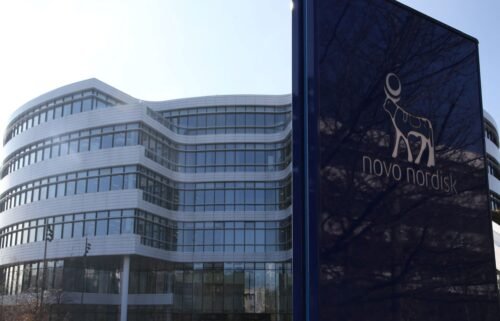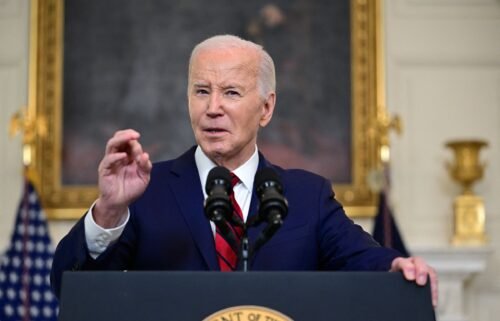Britain’s premier election debates won’t include parties opposed to Brexit

Six days before they vote in what promises to be a landmark general election, Britons will be able to watch a live prime-time debate between Prime Minister Boris Johnson and Labour Party leader Jeremy Corbyn.
What Brits won’t hear during the BBC debate on December 6 is the perspective of the Liberal Democrats, a political party that has recently shot up in the polls and resolutely opposes Brexit.
Liberal Democrats leader Jo Swinson has also been shut out of a November 19 debate that will be shown by UK broadcaster ITV.
While both channels will show other debates with a broader range of candidates, the exclusion of the Liberal Democrats from the premier broadcasts means that Brits might not hear from parties opposed to Brexit.
The Liberal Democrats have threatened legal action against the BBC and ITV, and the party has launched an online petition demanding Swinson be added to the debates between Corbyn and Johnson, the leader of the Conservatives.
“The BBC decision to host a TV debate between two Brexiters is outrageous,” the Liberal Democrats said Friday on Twitter. “Millions of Remainers across the country deserve to have their voices heard.”
Johnson called the general election for December 12 in hopes of earning a majority in parliament that will approve the Brexit deal he has negotiated with the European Union. Corbyn’s Labour Party wants to negotiate a new deal with Brussels, and then hold a referendum that would include the option for the United Kingdom to remain in the bloc.
Following a dismal showing in the 2017 general election, the Liberal Democrats have rallied voters to their cause by promising to stop Brexit. The Scottish National Party, the Green Party and Wales’ Plaid Cymru want the United Kingdom to remain in the European Union.
Three years of profound uncertainty over Brexit have upended British politics, causing tumult within political parties and leading some voters to defect to a new party after decades of loyalty to another.
Chuka Umunna, a former Labour politician now running for parliament as a Liberal Democrat, said excluding Swinson is “wrong” when a large proportion of the UK public agree with the party on Brexit.
“We are in an era of multiparty politics,” he said in a post on Twitter. “And yet our main broadcasters insist on presenting the old, anachronistic, two-party version to the public.”
Yet the Liberal Democrats are also up against the UK electoral system, which makes it hard for small parties to compete with their bigger rivals when it comes to capturing seats in parliament. In each constituency, the candidate with the most votes wins, leaving parties with smaller shares of the vote with relatively little representation in Westminster.
Jonathan Munro, head of BBC Newsgathering, said that UK regulations allow broadcasters to give coverage to parties that reflects their level of electoral support.
“Potential prime ministers can get more scrutiny -— and airtime — than other party leaders,” he wrote in a blog post. “But that judgment is based on real votes cast, not speculation about the upcoming result. It means the Conservative and Labour parties — who between them secured more than 80% of the vote in 2017 — will have more prominence at times than all the smaller parties.”
A spokesperson for the Liberal Democrats did not respond when asked when the party would take legal action against ITV and the BBC.




